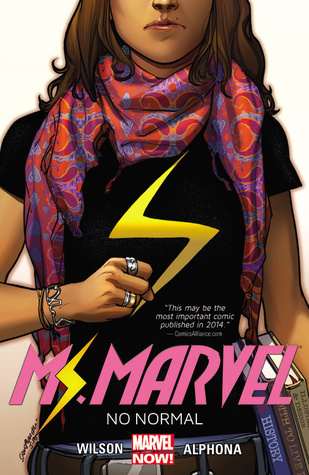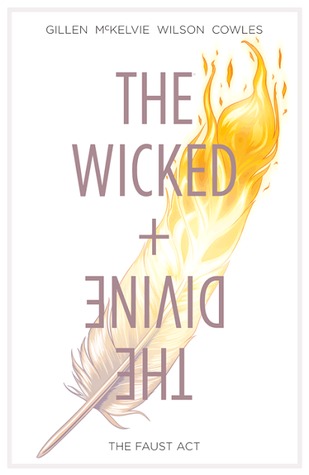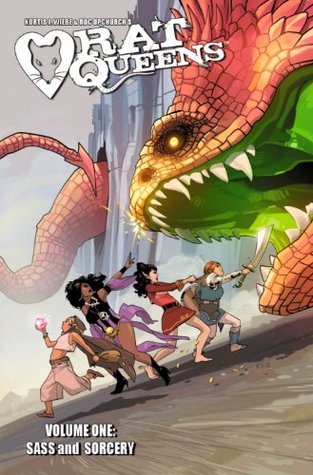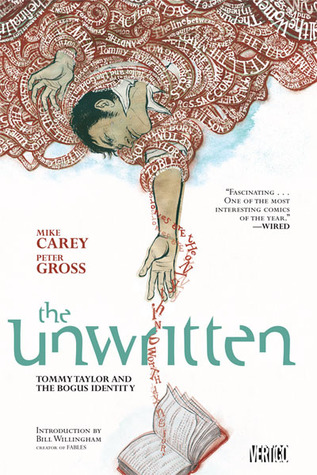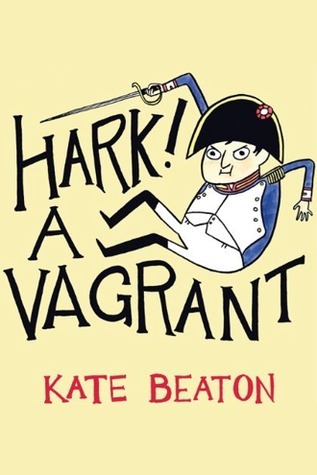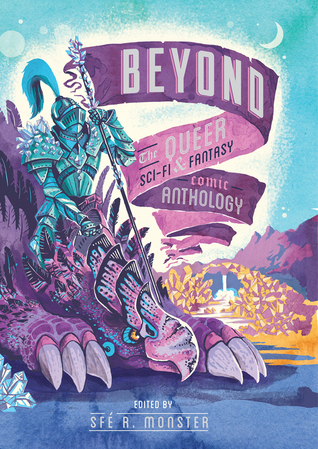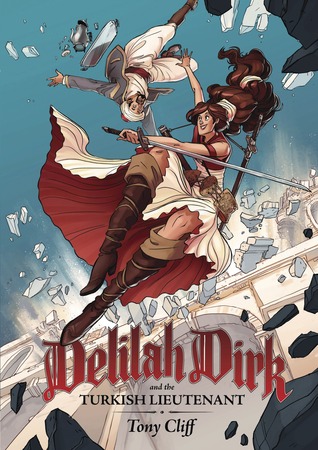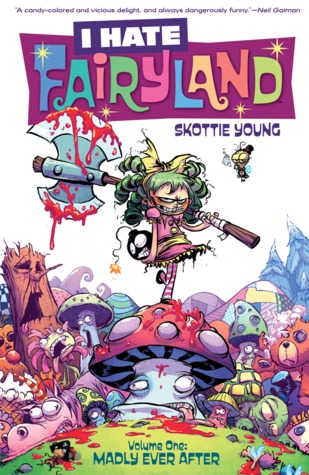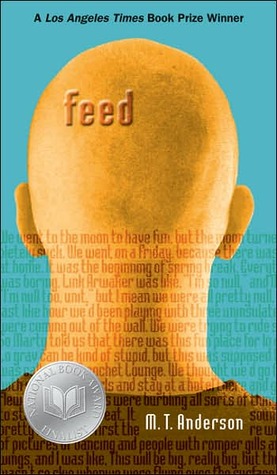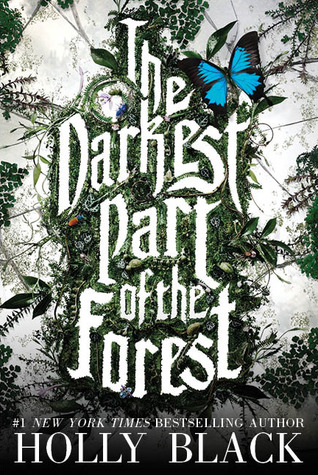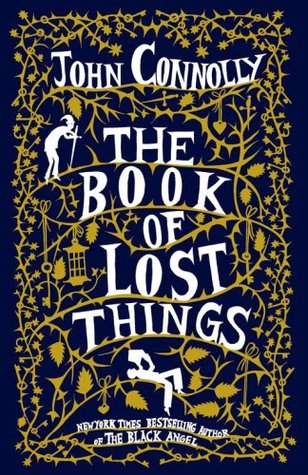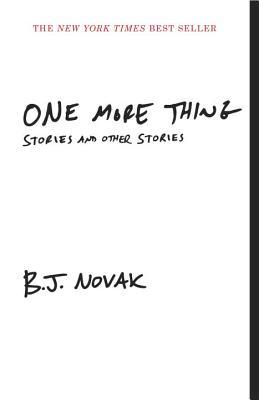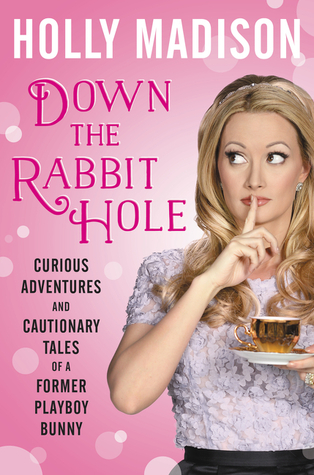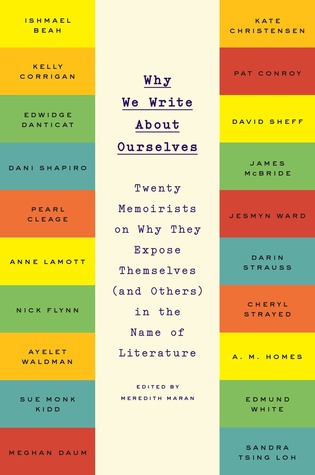As you might remember if you follow this blog regularly,
the day after the Election, I wrote a post about the important role of Arts and Education in American Politics.
In the face of such a divisive and unhappy outcome - which left many of my peers and fellow Americans disheartened as to the future of such programs - I had wanted to share my personal thoughts and reflections on how the virtues of empathy and community are communicated through the varied and multi-dimensional perspectives of Art, as well as how they are bolstered and validated through Education. I thought that no one would disagree that
America could use more empathy and community, nor that
the platforms we have through public schooling should reflect the identities and histories of the American public, rather than the privileged few.
Unfortunately, in the face of the past two months, I've been forced to reconsider that statement.
This past election cycle was tarnished with the rise of "fake news," resulting in the loss of public trust in unbiased journalism, which didn't go away, even after the results were finalized. Even such pantheons of objective reporting - like CNN - fell prey to attacks from the President himself, as he blamed them for publishing unflattering rumors (
something they did not do). Additionally, occuring mere hours after the Inauguration,
the official White House website had removed all of its pages on Climate Change, Healthcare, Civil Rights, and LGBT platforms, in the likelihood that they will only be reinstalled after they have been heavily revised... or might not be republished at all.
Between our new President's promise to eliminate funding to nationally-enabled platforms - such as PBS, which provides public access children's programming that promotes literacy, science, and math skills - as well as the blind, stumbling wreckage of an embarrassing hearing for his new pick for Secretary of Education, it seems more increasingly that
Public Literacy is somehow becoming a partisan issue.
In particular,
Trump's strange relationship with the written word sets a confusing and dangerous precedent for the entirety of his term. As I've said before, Arts and Education have direct ties to developing empathy and exploring the viewpoints of people outside your social circle... his inability to even read a news report or security detail does not bode well, and his seeming disregard for other forms of reading, borders on the ludicrous.
For instance, in a recent interview with
Axios, just this past week, he was
unable to recommend any of the books in his office to the interviewers, resulting in this viral interview tweet, liked by over 17,000 people, and shared by over 10,000:
The CNN book to which he is referring - about his successful bid for the presidency - is an especially confusing pick, based on his adamant proclamations of them being "fake news" earlier this month.
Obama Promoted Literacy through Leadership
Like many Americans,
it's going to be very difficult for me to give up on the President we've had for the past 8 years, not only because I think he's a sterling-class political figurehead with a track record that would make any democratically-minded republic proud. He's always been very upfront about his deep regard for the Arts.
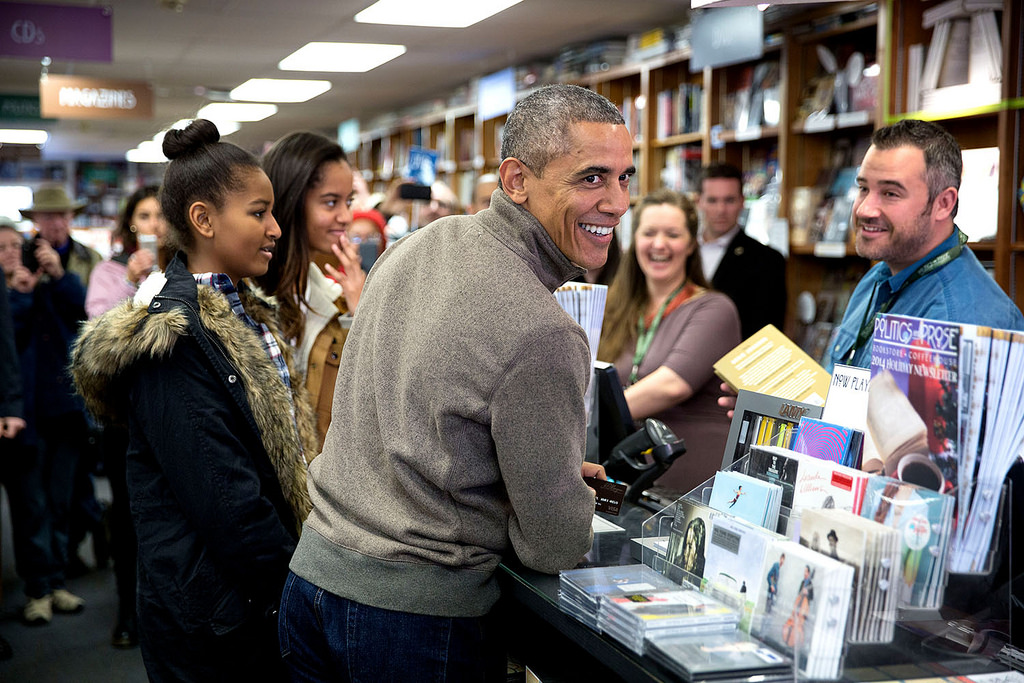
Through shared recommended reading lists about the titles he's taken on vacation, to the numerous photos of bookstore visits and elementary school readings across his presidency,
Obama is regarded to have been one of the most reading-friendly presidents we've ever had. He
credits books with serving as a source of inspiration and comfort during tumultuous times in office, and his fervent endorsement of diverse authors, such as Colson Whitehead, Junot Diaz, and Liu Cixin, resulted in greater exposure for such voices in the literary sphere. The types of books he reads - memoirs and nonfiction, to science fiction and popular literature - are markedly different from those typically extolled by those who have held his office previously.
This recognition has not gone unnoticed. Powell's Books - the secondhand book superstore out of Portland, Oregon, which charts as one of my favorite places in the whole world - even took it upon themselves to
gather up a cache of recommended reads for our outgoing and incoming Presidents, as a means of opening them up to new viewpoints... and offering some sage advice. The books sent to
both Obama and Trump reflected the relationships both figureheads have not just with literature itself, but with the ways the American public views such ties.
It reminds me of a quote an English professor of mine was fond of, spoken by civil rights era novelist, playwright, poet, and writer, James Baldwin:
“You think your pain and your heartbreak are unprecedented in the history of the world, but then you read. It was books that taught me that the things that tormented me most were the very things that connected me with all the people who were alive, who had ever been alive.”
Obama's era will be, in part, defined by his relationship with the books and authors he supported. and this remains a reflection of his connection to the ideals and aspirations of the American public he lead, and read alongside.
Literacy as a Non-Partisan Issue
The truth is, I've been enormously lucky: for all of my conscious years, when I've been aware of politics and the ways it shapes the society around me,
there have been leaders in the White House, who truly love books. Even before Obama's push to make the practice more popular with D.C. elite than ever before, there was another prominent political figure who proved how important it was that America pick up a book.
First Lady Laura Bush used to have a "Get Caught Reading" poster that hung in our elementary school library. Every Thursday in the fourth grade, our class made the sojourn after recess to the second-floor, did battle over who got to take home the most recent round of Newbery Medal winners that week, and when we left, we passed by this poster, hanging on a wall by the doors.
In my young and easily-biased mind, I liked her because she had brown hair, like me. As our librarian told us,
she was a public school teacher and a librarian, too, which endeared me to her immediately, as I still consider those to be two of the most interesting titles a person could ever hold (only slightly less interesting than First Lady itself, which, at the time, I envisaged as "Temporary Queen of America.")
Like President Obama, Laura Bush's favorite books were frequently topics of discussion during her time in the White House, with
lists of her recommendations making headlines on a national basis. Her favorite children's books, specifically, are still
preserved through archival on the White House website. When she wasn't staging fundraising efforts for causes such as HIV/AIDS research or malaria prevention, her primary public causes were oriented around literacy efforts. In 1995, she - alongside Librarian of Congress James H. Billington (who retired just this past New Year's Day) - even founded the National Book Festival, which Barack and Michelle Obama served as honorary chairmen of during their own time in office.
(Such partnership has been a frequent factor of our outgoing First Lady's schedule, as the two match up for benefit events regularly, and
consider themselves good friends.)
First Lady Laura Bush's efforts to increase public participation in literacy programs was, in part, initialized by the time her mother-in-law spent in office, as well. First Lady Barbara Bush campaigned for greater family literacy throughout her time as a public figure - prompted in part by her son Neil's dyslexia - and focused on the proponents of both child and adult illiteracy. She formed the Barbara Bush Foundation for Family Literacy, which focused on developing reading skills that would help lead to more holistic book-friendly homes.

It almost seems like there's some kind of presidential book club, too. This Instagram from George Bush's official account, from 2014, is still one of my favorite acts of non-partisan friendship between presidents.
Of course,
it isn't that books only became popular for people in the presidency starting with the Bush family, either. In 2014,
Buzzfeed contributor Dave Odegard published a collection of quotes from each president on their favorite books, and their selections lend interesting historical context to the value placed on nationalism, literary merit, and quite often, religion.
President Trump has gone on record in several interviews, stating that his favorite book is
All Quiet on the Western Front, by Erich Maria Remarque. However, he also claims that his book,
The Art of the Deal, is one of the best-selling business books of all time,
which is actually not true at all. (You also might recall that the ghostwriter Trump worked with on that project
later questioned our new president's mental health.) So any recommendations from that quarter might need to be regarded with a degree of skepticism... something we've not necessarily had to question before.
(On the other hand, Mike Pence's favorite book is the same as that of past President George W. Bush:
The Holy Bible. Like Laura Bush, his wife, Karen Pence, was an elementary school educator before her political promotion, and worked as such for over 25 years.)
Books I'll Be Reading (and Re-Reading) in the Next Four Years
I take solace in the fact that America's history is liberal - women's suffrage, civil rights, and most recently, marriage equality, are a testament to that - and that it's clear that the eyes of both American citizens and world leaders are watching its figureheads now more than ever.
And, of course, I still believe
books are one of our best guards against oppression.
New York Times bestselling author Jamie Ford - author of
Hotel on the Corner of Bitter and Sweet, advocate for Asian American representation, and Seattle fan favorite -
thinks so, too.

However, past President Lyndon B. Johnson might have said it best:
"Books and ideas are the most effective weapons against intolerance and ignorance."
So, when listening to Bruno Mars' complete
24K Magic album wasn't enough to shake me out of Inauguration Day nausea, I turned to
Eric Hoffer's The True Believer: Thoughts on the Nature of Mass Movements. Originally published in 1951, and reissued in 2010, the book focuses on the rise of national, religious, and social revolutions, across the world. I'm hopeful that it will lend a little more insight into how such a significant portion of the country altered their own standards of morality and bipartisanship, to put on those red hats.
However, that's also just a starting point.
Here are just a couple of books I'm going to try and read - or reread - in the next four years, divided up by the issues I feel they best speak to.
Congressional Economics
 Republic, Lost: How Money Corrupts Congress - and a Plan to Stop It, by Lawrence Lessig
Republic, Lost: How Money Corrupts Congress - and a Plan to Stop It, by Lawrence Lessig
One of my favorite Political Science classes at the University of Washington utilized this book as a starting point for conversations on not just how much our government spends, but where, exactly, that money comes from.
Involving chapter breakdowns on both the political Right and Left, this is a solid bipartisan read for those invested in just how much Congress has the power to control... and the money they're paid to do it.
Intersectionality and Empathy in Education
 The Freedom Writers Diary, by Erin Grutwell and the Freedom Writers
The Freedom Writers Diary, by Erin Grutwell and the Freedom Writers
This
New York Times bestselling memoir from 2009 describes the frustrations of a new teacher taking on an "unteachable" classroom in California, who utilizes
The Diary of Anne Frank as a means of opening her class to discourse on racism and intolerance. Encouraging her students to record their realities in journals of their own, all of the teenagers involved with the program eventually graduated high school and went on to pursue collegiate degrees.
If books are a means of understanding empathy, then journals are a means of understanding self, and reading the realities of these "at risk" students, and how their lives were changed through their education, will probably be a lot more edifying than cringing through Betsy DeVos' hearing an eighth time.
(Trump supporters: It was also made into a very popular movie, starring Hillary Swank, so you can always just watch it, too. And don't worry, Meryl Streep isn't in it.)
Environmental Stewardship and Ecological Responsibility
 Silent Spring, Rachel Carson
Silent Spring, Rachel Carson
Originally published in serial format in 1962,
Silent Spring was a monumental effort in convincing America to care about the way they treated their environment; most notably, documenting the effects of pesticide DDT on wildlife that eventually lead to widespread reform, and the resurgence of my favorite animal, the Peregrine Falcon.
Enough is Enough: Building a Sustainable Economy in a World of Finite Resources, Rob Dietz and Dan O'Neill
Another pick from my time spent in Political Science classes at UW, this slim package of environmental consciousness packs a mean punch, in the form of approachable lessons in how our actions impact the longevity of our natural resources.
PR Politics and Free Press
 Manufacturing Consent: the Political Economy of the Mass Media, Noam Chomsky and Edward S. Herman
Manufacturing Consent: the Political Economy of the Mass Media, Noam Chomsky and Edward S. Herman
In the aftermath of an election that saw internet hoaxers dominate social media feeds - and in the midst of political accusations that prominent sources of news have a responsibility to support their president, rather than keep him to task - a little clarification on the ways national news shapes social agendas, and vice versa, is more than necessary.
(This one's a movie, too!)
The Developing Context of Women's Rights
 All the Single Ladies: Unmarried Women and the Rise of an Independent Nation, Rebecca Traister
All the Single Ladies: Unmarried Women and the Rise of an Independent Nation, Rebecca Traister
Probably one of the most highly-touted nonfiction reads of the past year, this exploration of the political role of unmarried women in recent history argues that they, and the social issues they champion - including birth control, and closing the wage gap - are nothing new. In fact, single women have been present throughout our nation's history, bolstering social causes such as the temperance movement, the abolition of slavery, and more!
As Planned Parenthood soars into the spotlight again, at odds with Trump and Pence's aggressive stances on abortion, this look at the realities of solo female identity in the United States could not be more timely.
Religion and Ideals of Discipleship within American Politics
The Name of God is Mercy, Pope Francis

While you might consider this particular best-seller an odd choice for a list of this nature - whether due to the separation of church and state, or the distinction of most Christians as typically voting Republican - the truth is, it's because I'm Catholic, and there's never been such a litany of reasons to be a Catholic that disagrees with Trump:
appreciation for our own Pope Francis included.
In fact, Papa Francisco is actually a huge fan of Bernie Sanders, to the point of even
inviting him to speak at the Vatican this past April, and the subjects of poverty and citizen stewardship are interests they both share. In addition, in just the time since Donald Trump was officially elected, various national Catholic organizations - including the U.S. Conference of Catholic Bishops - have petitioned Trump to
alter his plans for immigration, encourage a
more ecologically sound stance on the realities of climate change, and, yes, rethink
the repeal of the Affordable Care Act.

Reminder of the Fact that We Live in a Beautiful, Beautiful Place
State by State: A Panoramic Portrait of America, edited by Matt Weiland and Sean Wilsey
In times like these, when the days are so gray you can't help but focus on what's Red and what's Blue, it's still important to remember that our republic was founded on principles of inclusivity, which really means everybody... yes, even those whose electorates have questionable decision-making skills.
At the end of the day, it all started out with "We the People," and that's what this collection of essays from 50 prominent authors from across the nation helps illustrate. Serving as love letters to the states they call home, authors like Jhumpa Lahiri, S.E. Hinton, Anthony Bourdain and Dave Eggers pen send-ups to the communities they come from, which might remind you to take pause from your panic-breathing and angry-shouting to recall how amazing the country we love still
has the potential to be, when at its best.
Of course, I'm not the only one turning to reading in this tumultuous time. The
New York Times also brought together
a few titles to help understand the political, social, and cultural forces behind Trump's win.
What reads would you recommend for people looking for accessible political commentary? Let me know, in the comments below!


